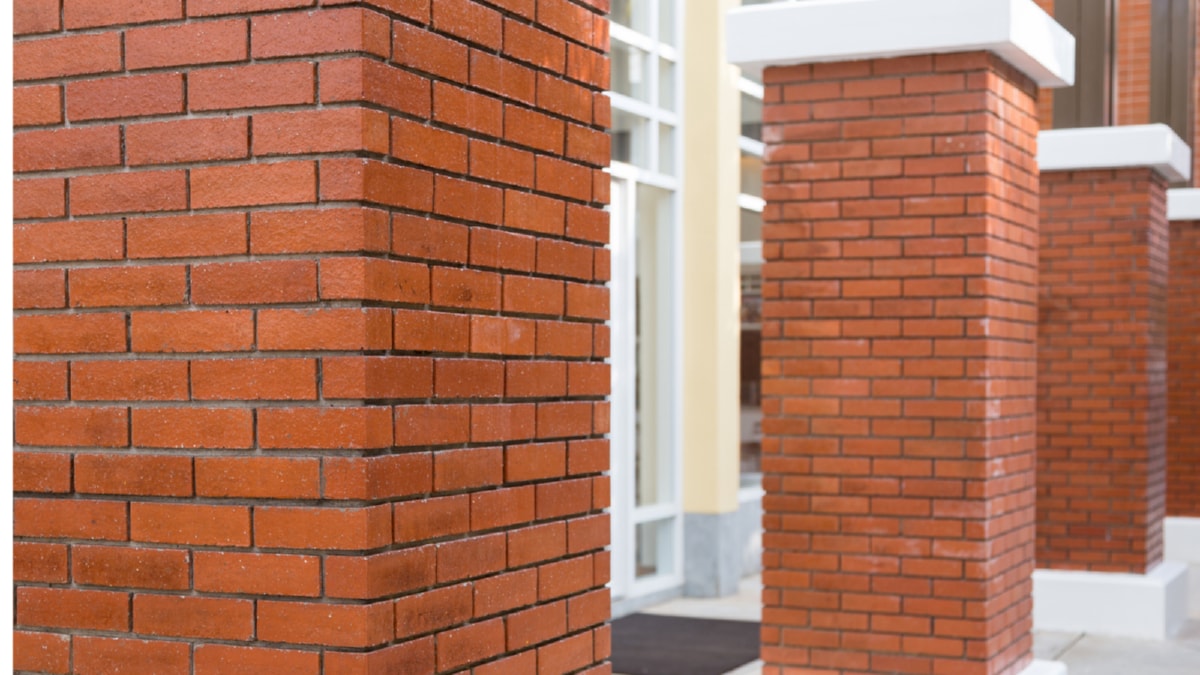Choosing the right equipment for a construction project is a critical decision that significantly influences the project’s efficiency, cost, and completion time. Whether you are a seasoned construction manager or a novice builder, understanding the essentials of selecting the best tools for your project is invaluable.
When embarking on a construction project, the first step is to comprehend the demands of your work. The type of construction work determines the kind of tools and equipment required. For instance, building construction may require different equipment than road construction or demolition projects. Thus, it is vital to analyze your project’s specific demands before making your selection.
The next step is to consider the scale and intricacy of your project. Larger and more complex projects require heavy-duty equipment, such as excavators, bulldozers, and cranes. On the other hand, smaller projects may only require simple tools, such as hammers, screwdrivers, and drills. Remember, the size and complexity of the project should guide your choice of construction equipment.
The third factor to take into account is the durability and dependability of the equipment. It’s crucial to invest in high-quality, reliable tools that will not let you down in the middle of a project. Remember, delays because of machine breakdowns can significantly increase project costs. Therefore, it’s worth investing in reliable, top-quality construction tools and equipment.
Another crucial aspect to consider is the economic viability of the equipment. While the initial cost of purchasing equipment is a critical factor, consider also the running and maintenance costs. Selecting fuel-efficient and low-maintenance equipment can save significant costs in the long run. Therefore, it’s essential to consider the total cost of ownership the equipment, not just the initial purchase price.
Lastly, consider the accessibility of replacement parts and maintenance services. Construction equipment is prone to wear and tear, and parts may need to be replaced periodically. Choosing equipment from manufacturers with a wide distribution network ensures that you can easily access spare parts and service when necessary.
In conclusion, choosing the right construction equipment requires a thorough understanding of your project’s needs, an evaluation of the scale and complexity of the project, careful consideration of the quality and reliability of the equipment, a calculation of the equipment’s cost-effectiveness, and the availability of spare parts and service. By following these guidelines, you can select the most suitable equipment for your construction project, ensuring efficiency, cost-effectiveness, and timely completion.
.
For more details, check best masonry services or visit their business listing here.



